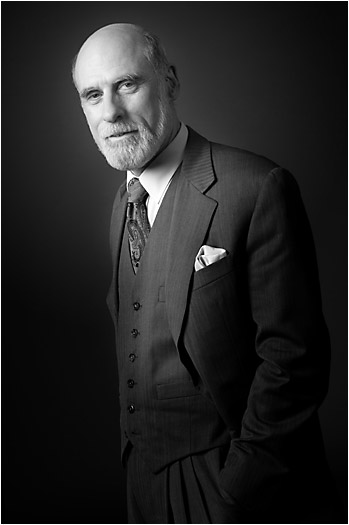So you want to tether your brand to the social media landscape. You want to engage the millions of people that access and interact through social media every hour with your message. You want the metrics to reflect an infiltrating, low-cost campaign.
But what to do?
The art of social media competitions posses the same headaches for brands and businesses as it did in the pre-digital age. The advent of consumer technologies means film competitions are no longer limited to art school graduates and offspring of "old money" (heck, I can shoot, edit and post HD video on my mobile phone these days). Digital photography is now an everyday activity whilst every second primary school student is a radio broadcaster (read: "podcaster") or newspaper columnist (read: "blogger").
So... What to do?
It all starts with knowing your marketing goals. Any competition needs a clear and measurable marketing objective to guide the social media strategy underneath it. These goals need not be overly specific (raising awareness, driving traffic to company social media sites, collecting customer interest and buying habits, building new customer relationships) but they do need to set the end game objective and justify using a competition as the driving force to achieve it.
From here you can outline your competition objective, which is the most important (and most creatively fun) part. What is the competition? What do people have to do to be a part of it? And what are they rewarded with for engaging?
There are some classic competition structures that are tried and true:
- Make a new commercial for our brand.
- Make a short film about your experiences with our brand.
- Make a print campaign based on our brand.
- Write your favourite experience in 50 words.
- Invent something new for us and be rewarded.
The trick in all these approaches is treading the line between creative freedom and creative challenge. The technical bar must be low enough so that everyone can jump over it, but in the interest of not attracting rubbish you need a level of quality assurance that attracts talented and creative people. It's why Tropfest charges $50 for each entry... You need to be invested in your idea!
Once you have a clear understanding (or brief) for your public netizens, it's time to sppread the word and bring in the crowd. Cross-platform promotion is the best way to go in my opinion as no single platform on the web or in the media can give you the reach achievable from a well-thought social media strategy. Connecting through Facebook and Twitter is great, but you need to drive interest and get people engaging in your competition by seeding and searching for the communities that are most likely to fit your original marketing objective. Couple this to other email, print, mass media and in-store promotional tools to ensure your distribution and awareness is maximised.
If you're going to host the page yourself, ensure the site is easy to share. Embed tools like Facebook Connect, RSS, Twitter feeds, etc, to make it as easy as possible for a community to grow. These channels of communication are also great for informing your entrants where to go, what to do, how much time is left, and other updates/promotions throughout the contest.
It's also crucial to give the competition a timeframe and stick to it. Extensions to the deadline are usually an indicator of poor integration with social networks or your target market, and also is annoying/offensive to those loyal fans that played by the rules.
Stick to your competition dates, and keep engaging your community even whilst judging. Keep the suspense and give participants a reason to keep spreading your brand. Ensure you announce winners clearly and boldly. Make a song and dance about them to ensure a sense of reward. Everyone loves grabbing a few minutes of fame, so ensure winner announcements are also easily passed onto grandparents and loved ones.
Always, ALWAYS, offer the opportunity to sign up to a newsletter. Databases are the future!
Finally, the all-important measuring and evaluation. Consult your metrics and compare them to your objectives from the start. Check the tangibles like sales, web-traffic, Facebook likes, twitter followers, subscriptions, blog mentions, etc and assess what could be done better, lessons learned and any other observations for next time.
Like anything drawing on human interaction, there is an art-form to doing it right and getting ideal results. Starting with a strong and clear marketing objective should guide your actions all the way through. Be open and engaging with your community and you can't go wrong.



